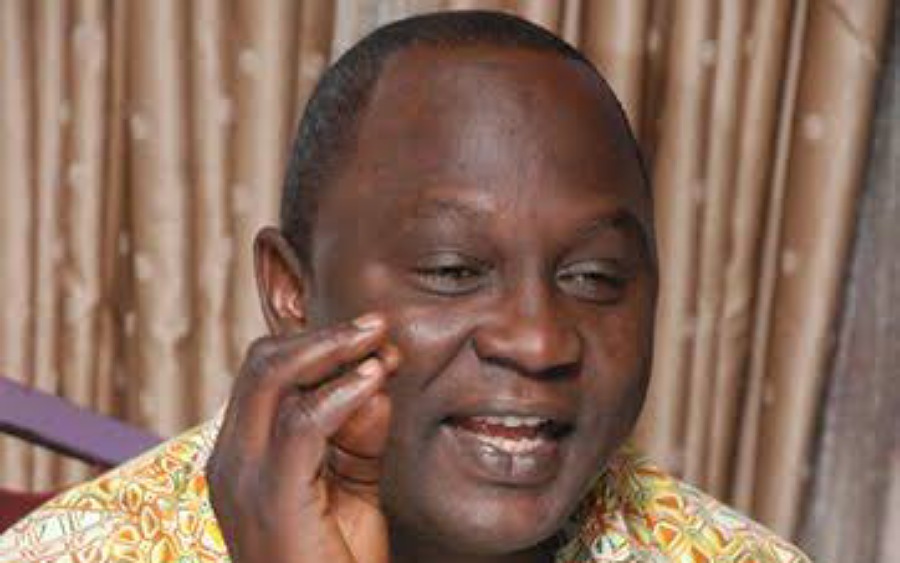The Nigerian Labour Congress has weighed in on the ongoing 4-week strike of the Academic Staff Union of Universities (ASUU) and has urged the Federal Government to sign the renegotiated agreement with ASUU.
The NLC President, Mr Ayuba Wabba, said this on Wednesday in Abuja, in a statement titled “The Position of Nigerian Workers on Festering issues of National Importance”.
The issues the NLC cited include the 2009 Re-negotiated Agreement, which ASUU has mentioned as a cause of the ongoing strike action.
What the NLC is saying
The NLC President said the current strike was unfortunate, citing that the FG and ASUU are yet to resolve issues noted in its 2009 Re-negotiated Agreement, stating that the FG took the draft Agreement and promised to consult and return to conclude the signing.
“The Federal Government is yet to conclude the signing of the agreement. Also, it is yet to honour the terms reached at the May 2021 Agreement signed with ASUU.
“In order to protect the future of our youths whose academic life is being disrupted, we urge the Federal Government to implement all the agreements it entered with ASUU.
“Specifically, we call on government to sign the renegotiated agreement with ASUU,” he said.
He added that President Muhammadu Buhari had earlier directed that a Federal Government team meet with ASUU to resolve all the outstanding issues. He urged relevant MDAs to ensure that Mr President’s directive is discharged immediately to end the stalemate.
What you should know
Nairametrics reported that some of the demands of ASUU include funding for the revitalisation of public universities, earned academic allowance, poor funding of state universities and promotion arrears.
Others are the sustainability of the university autonomy, which it said the introduction of IPPIS violates; immediate deployment of UTAS to replace IPPIS; renegotiation of the 2009 ASUU-FGN agreement; release of the reports of visitation panels to federal universities and distortions in salary payment challenges.
